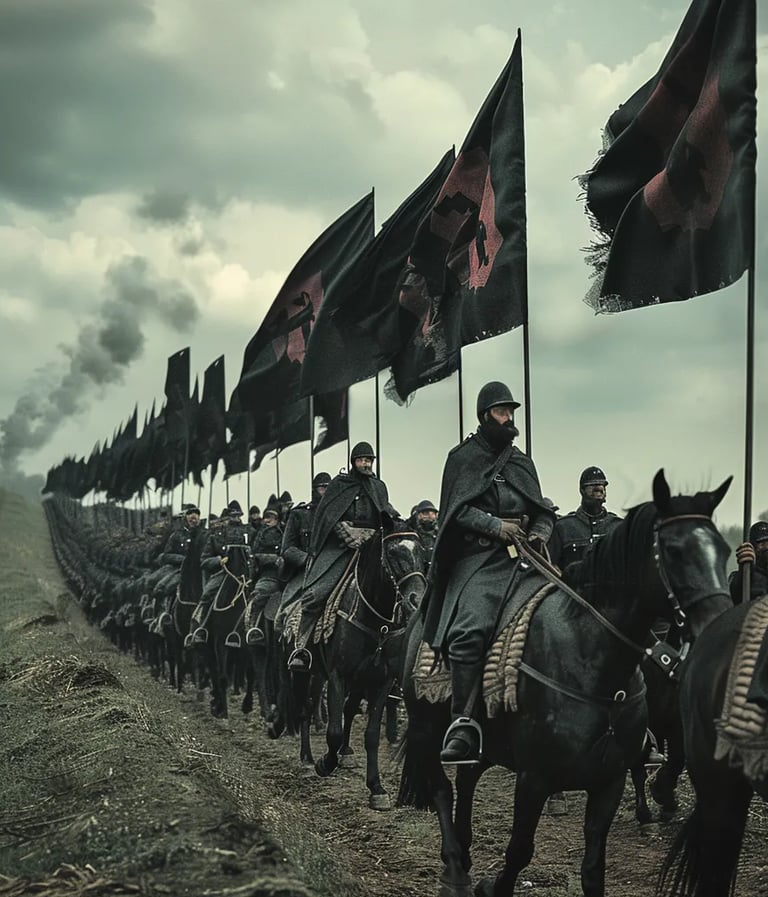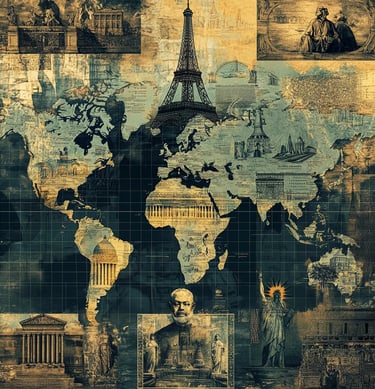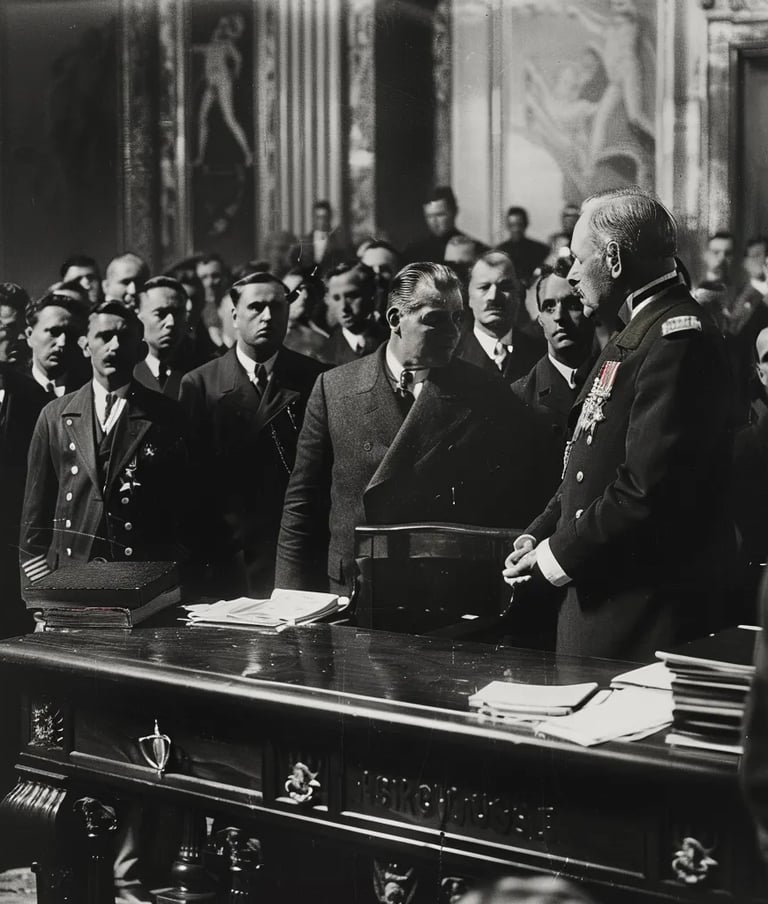On this day in 1492, Christopher Columbus sighted Cuba, convinced he had reached the Asian mainland. Claiming the land for Spain, he named it "Juana" in honor of Prince Juan. Unaware of its true significance, Columbus had just stepped onto an island that would become central to Spanish colonial power, shaping the course of Caribbean and world history for centuries to come.
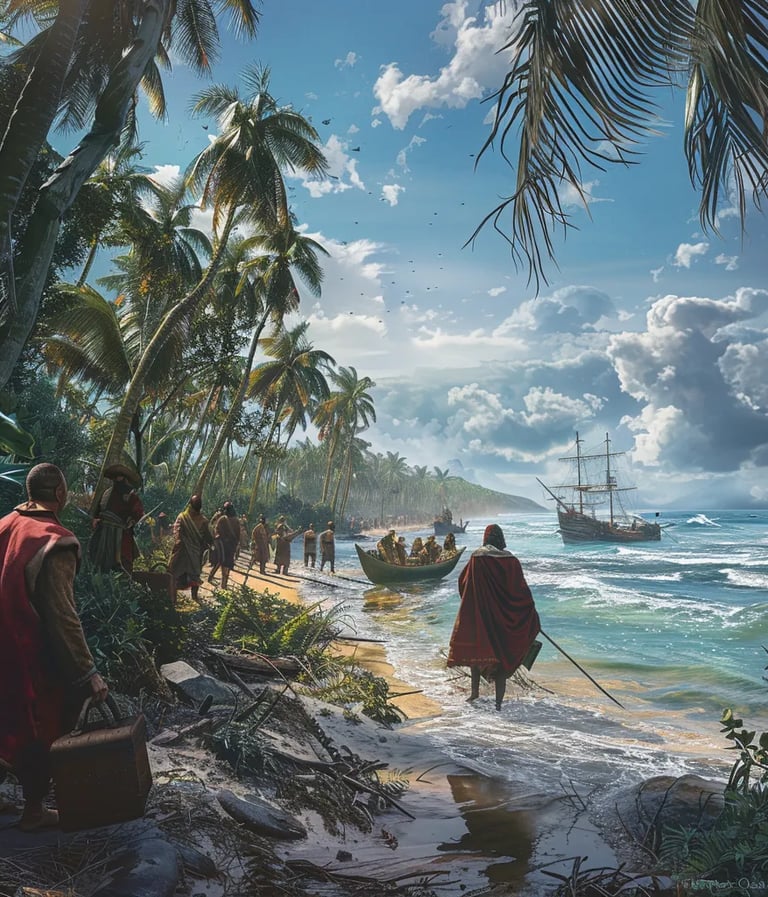

1492 – Columbus Discovers Cuba, But Where Did He Think He Was?
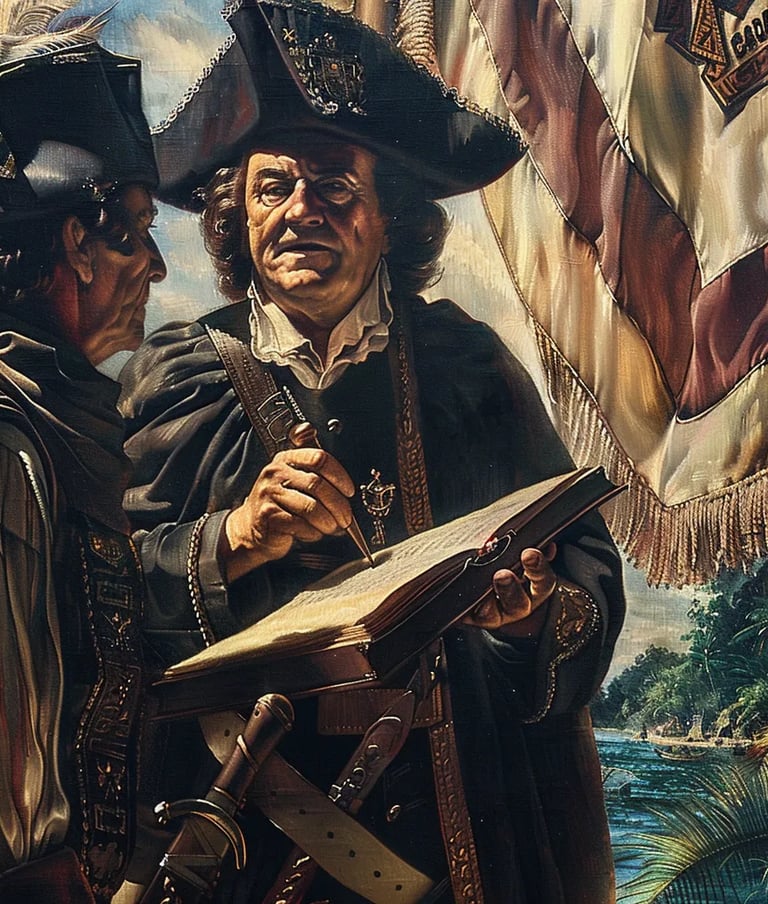



Being the 28th of October in 1516, the powerful Ottoman forces, led by Grand Vizier Sinan Pasha, crushed the Mamluks at the Battle of Yaunis Khan near Gaza. This decisive victory paved the way for Ottoman control over Egypt and Syria, marking a pivotal moment in Middle Eastern history. The once-dominant Mamluks fell, allowing the Ottoman Empire to expand its grip on the region.
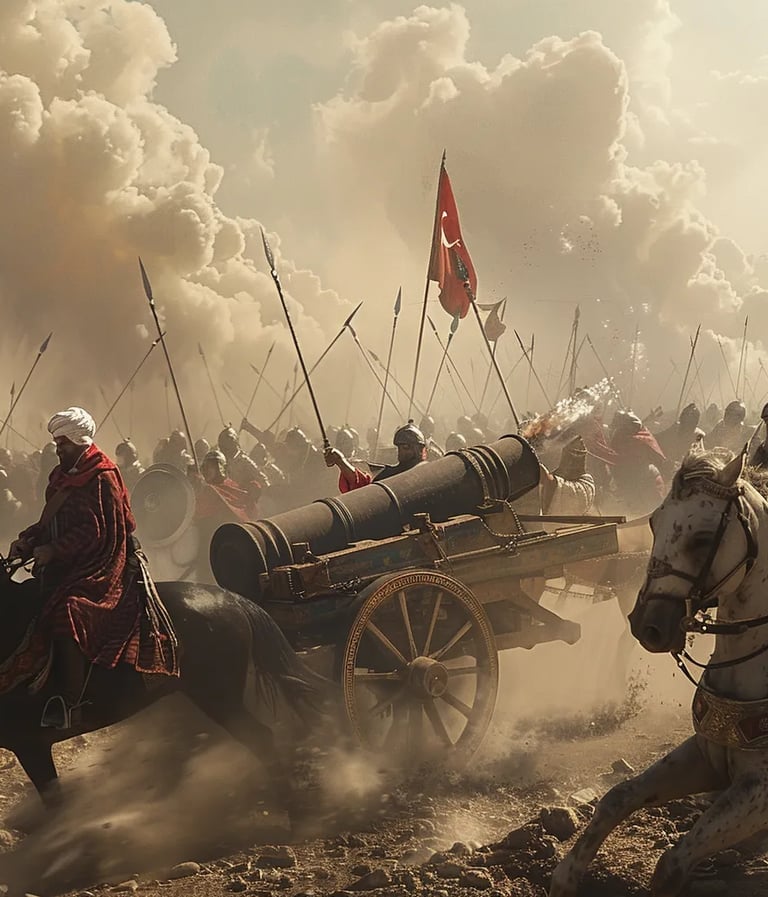

1516 – The Ottomans Dominate: Battle of Yaunis Khan Shakes the Middle East
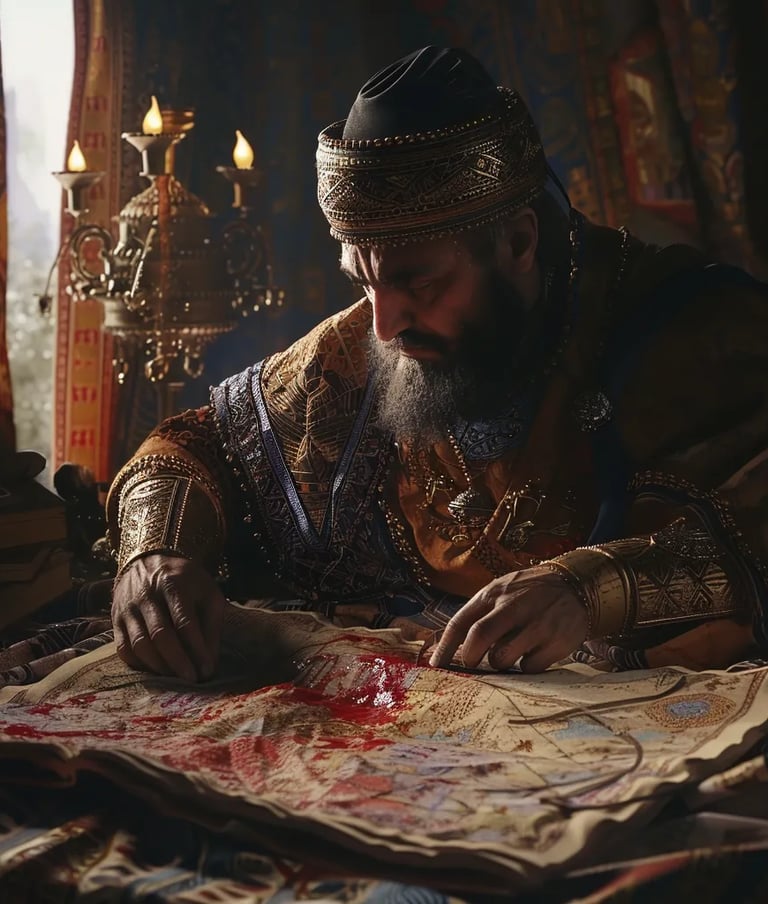



On this day, renowned French magician Jean Eugène Robert-Houdin performed in Algeria before a group of Marabouts, Islamic mystics known for their supposed supernatural powers. Tasked with proving that French magic was superior, Robert-Houdin’s illusions, including making an iron chest immovable, astonished the audience. The performance served as a political maneuver, reinforcing French dominance by undermining local spiritual authority during colonial rule.


1856 – Magic or Power Play? French Illusions Stun Algerian Mystics
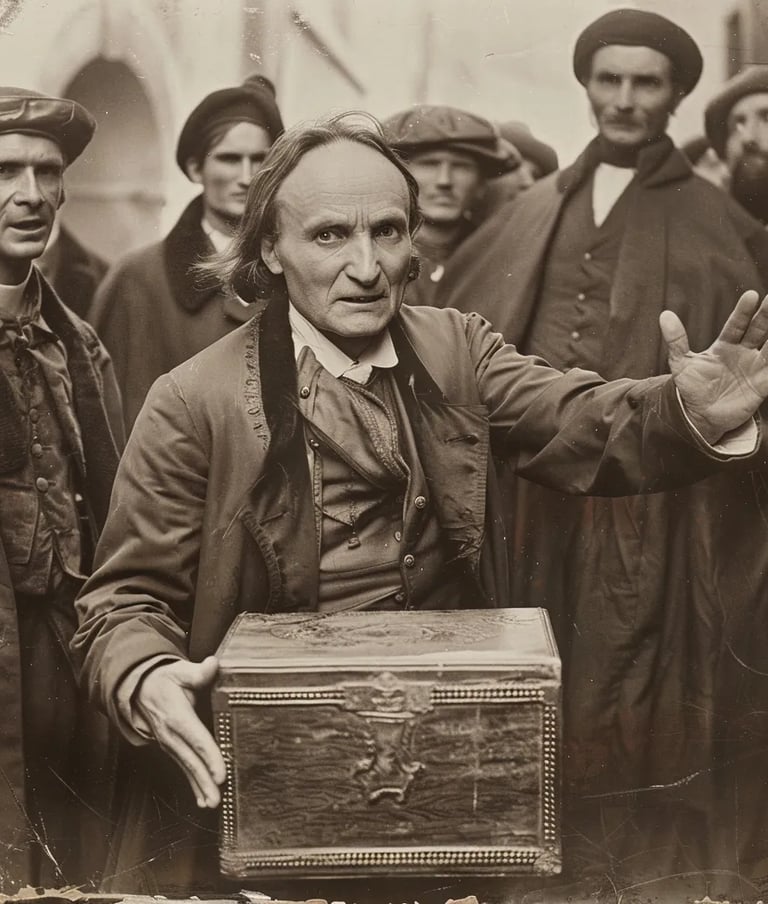



On the 28th of October, 1908, The Daily Telegraph published a shocking interview with German Emperor Wilhelm II. While claiming personal friendship toward Britain, he also described the German people as hostile toward the nation. His words caused uproar in both countries, worsening already strained relations and severely damaging his reputation. The scandal foreshadowed the growing tensions that would lead to World War I.
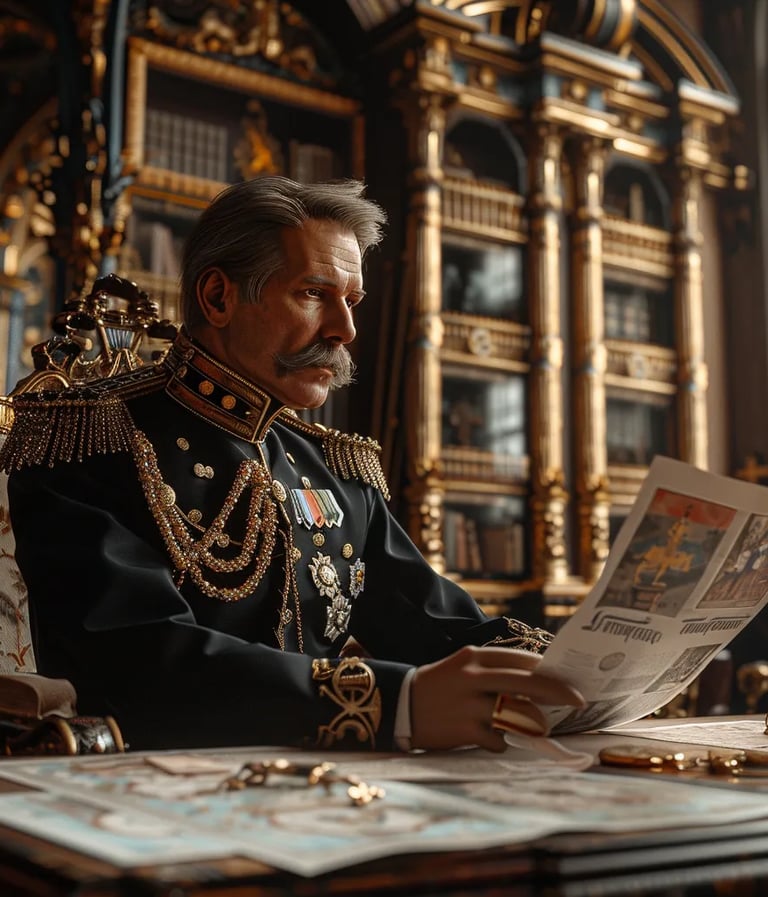

1908 – Kaiser Wilhelm’s Words Ignite Controversy in Britain and Germany


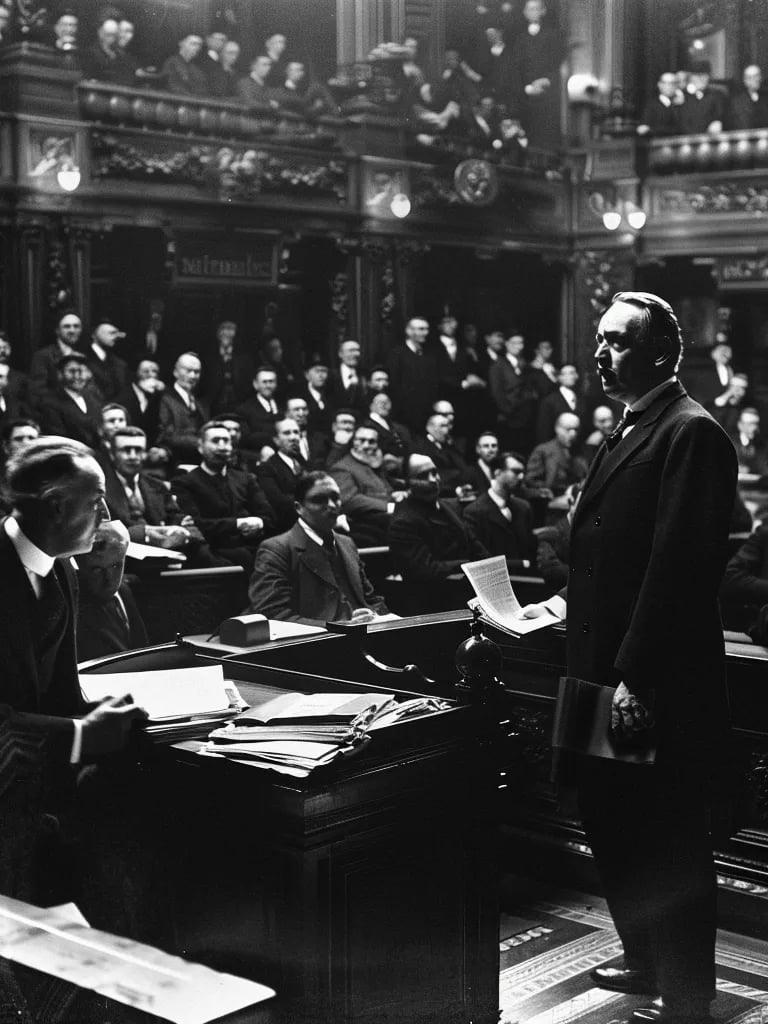

On this day, Benito Mussolini orchestrated a massive show of force as 30,000 Blackshirt fascists marched on Rome, pressuring the government to hand over power. The bold move led King Victor Emmanuel III to appoint Mussolini as Prime Minister without resistance. This pivotal moment marked the beginning of fascist rule in Italy, paving the way for dictatorship and the country’s eventual role in World War II.
